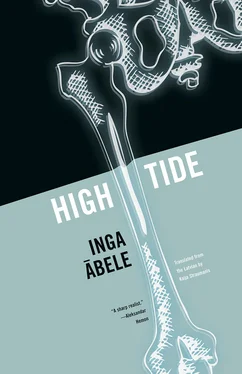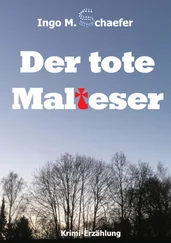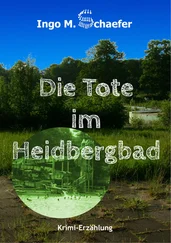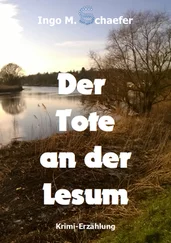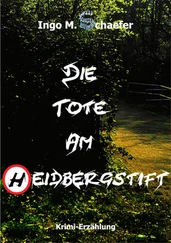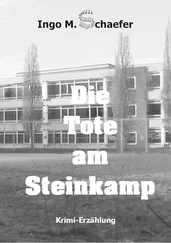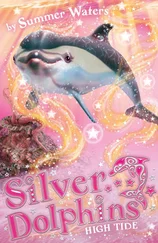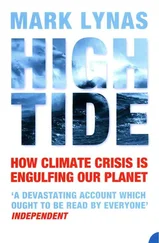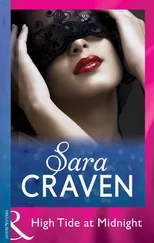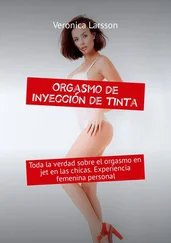Goddidn’t create words.
In the beginning there was a dream.
And at the end there was again nothing but a dream.
God appeared to a woman in a dream that was like death.
God found the woman within this dream and said to her:
“If you agree to live your life in reverse, you’ll have the power to give life back to your lover, who died young. Just don’t get your hopes up — your meeting at that crossroads will last about twenty minutes, no more. Then he’ll continue on toward old age, but you, back to childhood.”
The woman agreed immediately.
God said:
“How strange. Do you really value your own life and experiences so little that you’re willing to undo all of it without a second thought?”
The woman said nothing.
She remembered this dream when she awoke.
Shedoesn’t need any more advice — models, examples. Maybe she’s just on a whole new level, but right now she doesn’t need it. She doesn’t read books, newspapers, or magazines, doesn’t use the internet or watch TV, doesn’t go — God forbid — to the theater. It’s like being wrapped in a blanket up to your chin: you see and hear everything, but can’t move a muscle. Everything is right there around you, within arms’ reach. She wanders the house and now and then picks up something, grabs onto something, touches on something. A sentence from a newspaper, a phrase from a Mexican soap opera, an idea from Proust. They’re all always going to be right.
On her walks, Ieva goes around the forest in circles. Then on her birthday she asks herself a question — why do I walk in circles, like a dog chained to a post? Because of my fears? Only because of my harsh, bitter fears? I can walk in a straight line, she tells herself — and whenever I want. But when she does finally walk straight she only feels like she’s actually getting anywhere. Her surroundings change, but the content doesn’t. Big cities are all essentially the same, and every country has farmers wearing plaid, made-in-China shirts. Any new place that she ends up she eventually has a close group of friends a lot like the last. The group will always have a mentor, a lover, someone she’ll betray, someone who’ll betray her, an enemy, and friends she can talk to and with whom she can find spiritual healing, rather than wasting money on therapy.
Once in a while she breaks from the campaigns, the marathons, the expeditions, and returns to the doghouse and sits next to her chain. Sits absolutely still, like a Bedouin gazing into the distance, and then writes. Script writing is usually complicated, but all of her scripts are about the same thing. All very clichéd, and when she tries to make excuses to the director he tells her: I need you precisely for the clichés. Because the ending needs to be something predictable.
Her scripts are about how nothing happens because nothing can ever happen. Not a single molecule is lost in the eternal cycle between the earth and the heavens. Only a pure soul can hope to break free from the carousel of life and death, into the cosmos through the tunnel of light and at a speed that makes everything down to the smallest particle feel simultaneously heavy and weightless. Everything shrinks until it disappears, until it’s erased from the memory of the world along with time. But to live your life until your soul is pure — don’t laugh, it’s not that easy — you have to become a Buddha, a Christ, or a Mohammed. You have to become light itself, a pure soul. Then you can be on your way. But it’s a long way and you’ll be scrubbed, doused, and wrung clean until then. Those few mistakes that will haunt you, jolt you awake at night, and force you to keep going on, these mistakes that you carry with you your entire life — in the end they’ll destroy you. But keep thinking about them, keep thinking. It’s gratifying to keep picking away at them. It will heal you.
Eventually she doesn’t even write the scripts herself anymore, just touches up those written by others and sends them in. She takes the finished product and objectively embellishes them. She’s done work like that before — adding details to bulletin posters in her school days, a pioneer in the last generation of an aggressive Soviet empire. Her homeroom teacher called it “giving life” to something. “Take it to Ieva,” the teacher often said, “she’ll give it some life.” And Ieva would take her black marker and give the dull pencil sketches some life, be it Lenin or the Easter Bunny. A wavering shadow in the distance, a gleam in Lenin’s eye, and the tense muscles in his jaw, something she’d seen in her father’s face when he shaved in the morning. And Lenin would come to life. The Easter Bunny would, too.
Everything is proof of it — this forced gift of existence — even the tired face of a small-town bus driver in the early morning; it speaks of longing, the endless patience you have when scrutinizing good fortune that has unexpectedly dropped into your lap. And what does life offer in return… the quiet hum inside the bus where you can warm up, a change from the frozen and bleak winter landscape… What does it offer in return? A kiss goodbye from your wife before you head out, and the mildly bitter taste of coffee with cream? The early morning fog and a dead moose on the side of a road? Like an Indian who gets glass beads in exchange for gold, you trade the suffering of existence in return for the smell of baking bread. The feel of a dog’s wet nose against your hand. The look in your children’s eyes. A bird feeder. May it all bring you joy, says this opposing, unwanted, huge opportunity — Life. Truth everywhere, like rows and rows of weeds that need only a bit of rain to grow: a handful of TV shows, a handful of philosophical essays, a handful of tight-lipped snobs, a handful of bartering vendors.
Her mother’s mother, Gran, used to say: You’ll never know where you’ll lose something or where you’ll find it, and, if you knew where you’d fall, you’d put a pillow down first. In many ways Gran hadn’t outgrown childhood. She had never experienced passion, never been disillusioned, but had remained an innocent; that was her destiny. Her cheerful daily greetings were proof she had never discovered herself, her own anger, or her deeply hidden doubts. Doing so would mean being sent into freedom, out of the Garden of Eden. She had stayed in Eden, playing in rows of sun-ripened, wild strawberries. And among the bustle were all life’s sentences: her parents’ deaths, her husband and children, the people she loved. But she never said “love” because she didn’t know the word, hadn’t evolved to words. Gran had been her parents’ pride and joy, a helper at the dairy farm with her white apron and silky ash-blonde hair, someone who had never grown to know hatred. More precisely, she was oblivious to any daggers of hatred aimed at her. Instead they went through her like she was nothing, because she didn’t believe in bad people — just people. Her only sins were her pride and self-reliance. She always had tickets for sugar and bread, but also always had more for extra things. A kind word and a helping hand, the sense to put others before herself… She believed it was her choice and responsibility. She didn’t need anything from the Lord God, just some nice Lutheran Christmas songs and spiritual peace. She hadn’t unlocked that little door in her heart that led to spite. She stayed in her bud, her entire life spent in it and as a child. God and humanity attack these kinds of people more than anyone else because there’s something obnoxious about them. But neither God, nor humanity can use their endless recipes for disaster on these people because these people lack any trace of hate — and God can take a vacation since there’s no one to peddle vices to. Having fulfilled her duty to everyone she loved, Gran quickly retreated to her inner child, back into that bud. A small, polite girl who always walked on the sunny side of the street. And that’s how she ended her journey. She was stuck in her helpless innocence, and then all the world’s charges were piled on top of her. Stay helpless as a baby, an animal, a prisoner, a fool, an alcoholic, a one-legged bum in a tunnel — and the world will quickly chafe you until you bleed, and you’ll understand why you’ve always needed God. You put Heaven on a pedestal while you still have the strength. And when you grow weak you see the devil. Not the one with horns and a tail, but the devil in the hurried compassion of the fast-paced world, the one that will kill you with kindness.
Читать дальше
